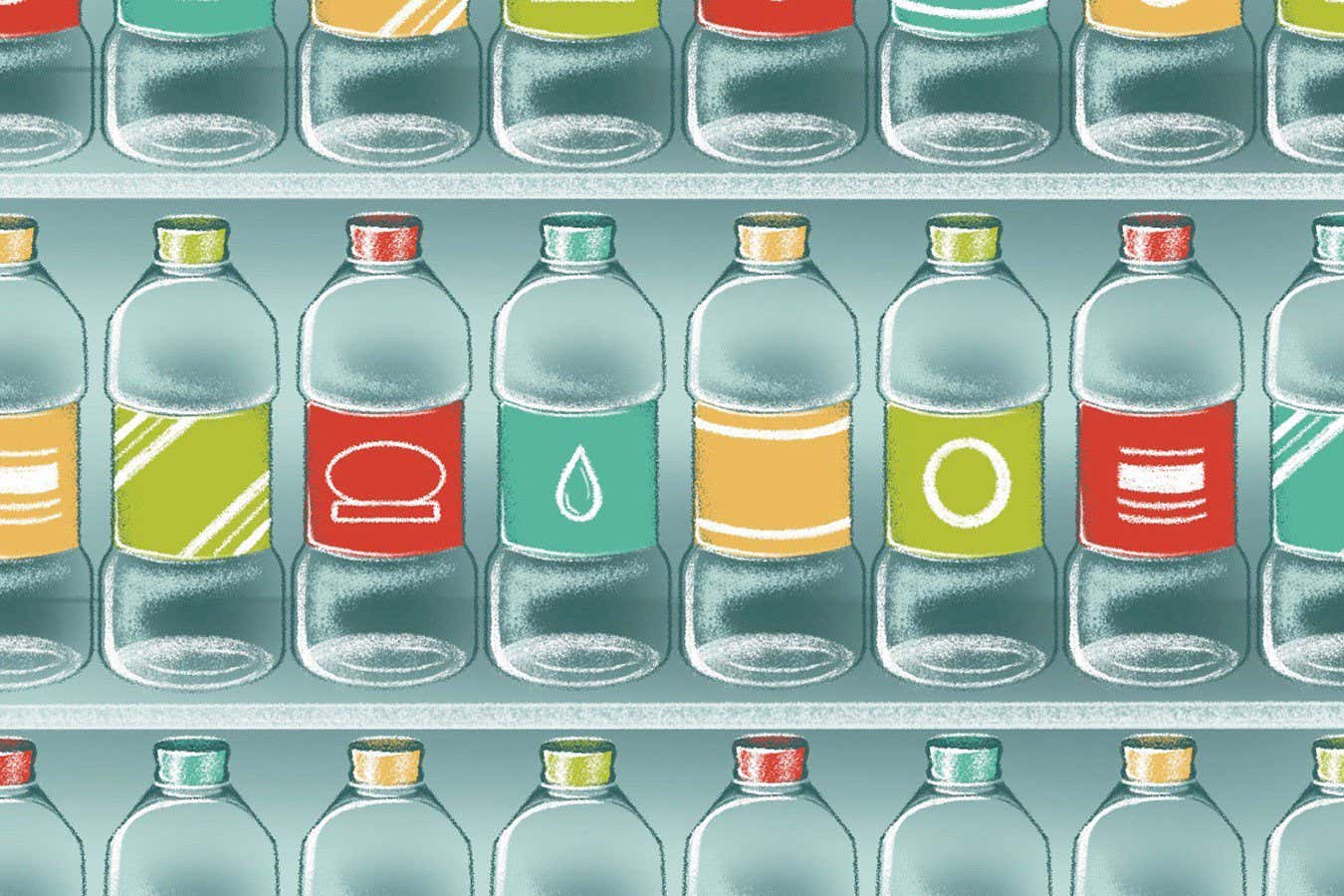Now Reading: Revamping Plastic Recycling: A Bold New Approach
-
01
Revamping Plastic Recycling: A Bold New Approach
Revamping Plastic Recycling: A Bold New Approach

Rapid Summary:
- global plastic recycling faces significant challenges,with only 10% of plastic packaging recycled worldwide.
- Brands historically use distinct packaging as a marketing strategy, frequently enough incorporating varied pigments and materials that hinder effective recycling.
- Standardising packaging within product categories-uniform guidelines on plastic type, color, labels, and adhesives-could enhance recyclability and economic viability.
- Reusable systems with standardised infrastructure could capture 40% of the market compared to fragmented approaches (currently capturing only 2%), according to the Ellen MacArthur foundation.
- Examples of standardisation in practice include milk jugs in the UK and toothpaste tubes globally. Differentiation can still occur using labels or washable inks without affecting recyclability.
- Legislation in parts of Europe is introducing reuse targets and mandates for recycled content, pushing brands towards standardised solutions to reduce costs while meeting regulatory goals.
- Author Saabira Chaudhuri suggests that while uniformity may initially clash with brand strategies, it aligns with evolving health research on chemicals in plastics and economic losses from single-use materials.
Image Caption: “To improve both plastics recycling and reuse, make brands use similar packaging for products in the same category”
Credit: Elaine Knox
Indian Opinion Analysis:
India’s struggle to manage rising amounts of plastic waste places this debate into sharp domestic focus. With less than adequate infrastructure for segregating waste types efficiently,ideas like standardising product categories emerge as possibly transformative for India’s environmental policies. India’s consumer goods market is vast but highly fragmented; achieving uniformity across businesses would require cooperation incentivised by strong legislation or subsidies.This issue also intersects with India’s commitment to sustainability under global accords such as SDG12 (Responsible Consumption and Production),prompting policymakers to scrutinise whether mandating reusable or recyclable designs could curb both environmental harm and financial losses from inconsistent recovery systems. Standardisation could complement India’s “Extended Producer Obligation” initiatives already underway.
A genuine transition will demand collaboration between rival corporations within industries-a complicated prospect requiring government intervention alongside robust enforcement mechanisms aimed at systemic change rather than piecemeal fixes like bans on certain items (e.g., single-use plastics). However compelling its rationale might sound philosophically; execution depends upon legislation closing loopholes brands exploit amidst competitive tensions.
Read more: https://www.newscientist.com/article/mg26735611-900-a-radical-idea-to-fix-plastics-recycling/























